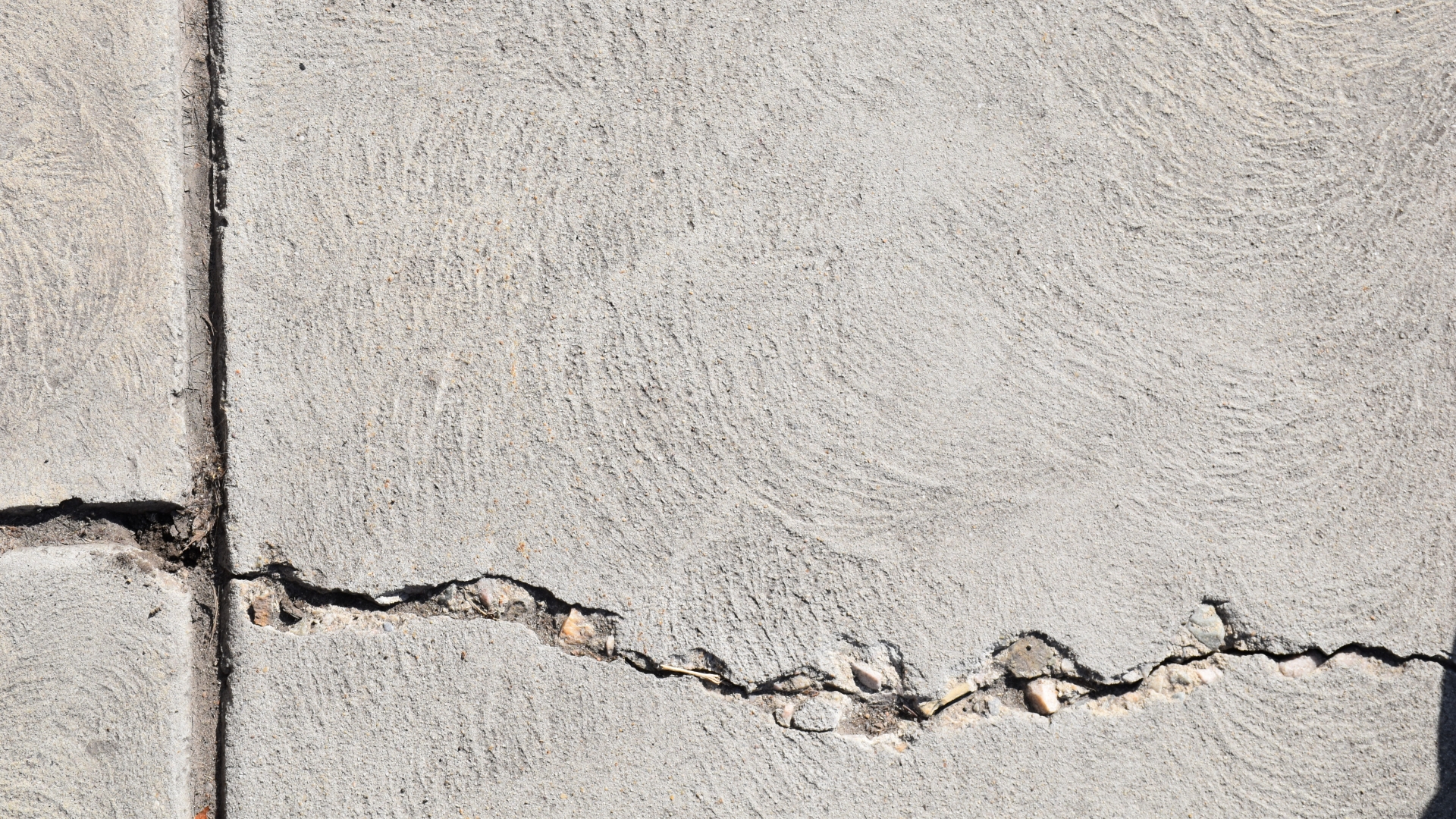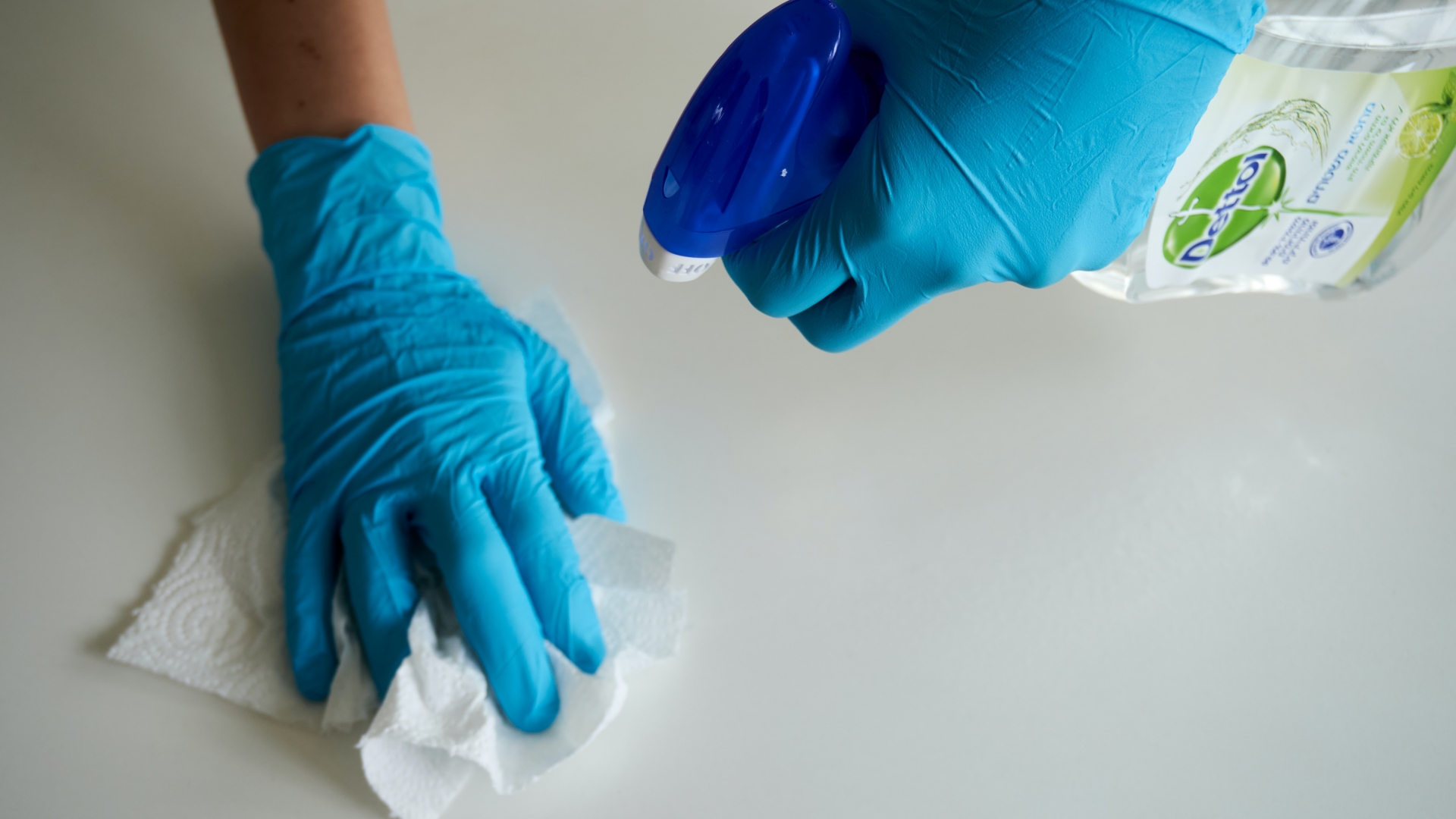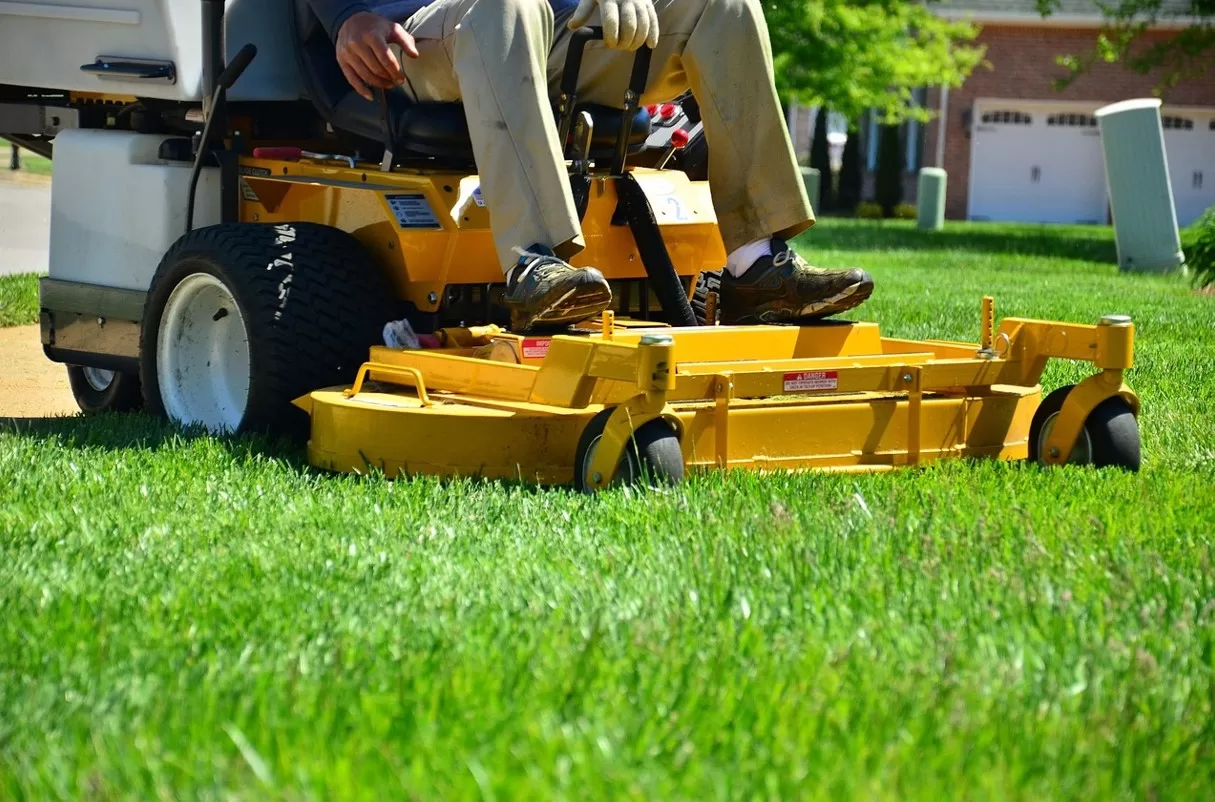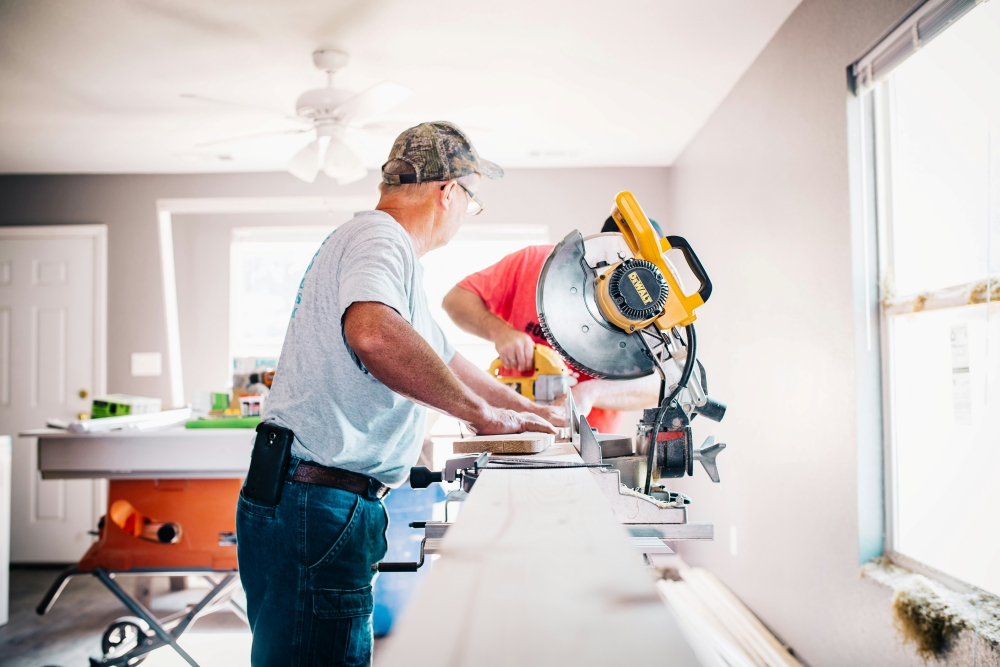In the intricate network of a home’s plumbing, few predicaments cause more immediate stress and disruption than a blocked drain emergency.
When sinks gurgle, toilets refuse to flush, and foul odours permeate the air, it’s a clear signal that urgent attention is required. In these moments, the importance of acting quickly and enlisting the expertise of professional plumbers is essential. Here’s why:
Why Rapid Response to Blocked Drain Emergencies Is Essential
Blocked drains, if left unattended, have the potential to escalate into major plumbing disasters. Water has a persistent nature, and when impeded by an obstruction in the drain, it seeks alternative paths. This can lead to leaks, burst pipes, or water damage to walls and flooring. You can discover more helpful info here https://www.yourinvestmentpropertymag.com.au/property-renovation/most-common-causes-of-blocked-drains-in-adelaide.
Rapid response not only mitigates the immediate issue but also prevents the domino effect of escalating damage that can wreak havoc on a property’s structural integrity.
Moreover, blocked drains are breeding grounds for bacteria and pathogens. Stagnant water becomes a conducive environment for the growth of harmful microorganisms that pose a threat to the health and hygiene of the household.
Foul odours emanating from blocked drains are often indicative of bacterial activity. Prompt resolution by professionals ensures the restoration of a clean and hygienic living environment, safeguarding the health of occupants.
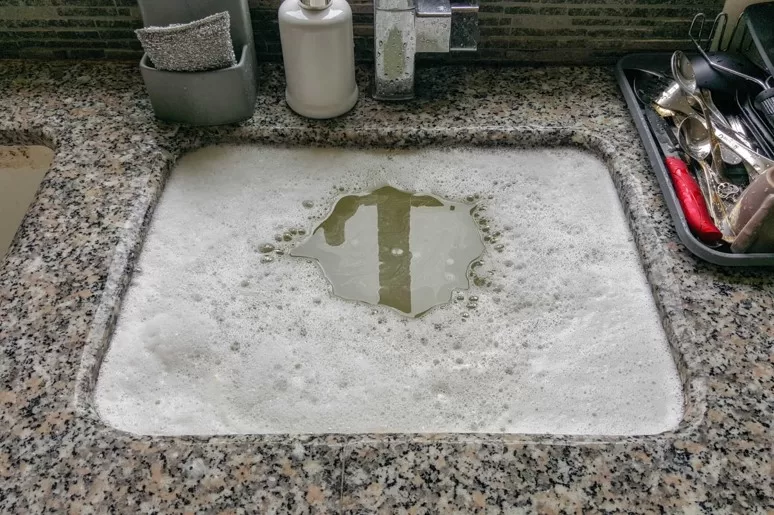
Furthermore, daily tasks can’t be done when your drains are clogged. It’s hard to keep up with simple hygiene tasks and use important appliances, which makes a home less useful.
Rapid response by professionals ensures the rapid restoration of normalcy. Whether it’s unclogging a kitchen sink, restoring the use of a bathroom, or enabling the smooth operation of washing machines and dishwashers, timely action minimises disruptions to daily life.
It’s also important to know that blocked drains are not isolated incidents; they often trigger secondary issues that compound the problem. Overflowing drains can result in water damage to floors and ceilings. The excess moisture creates an ideal environment for mould growth, introducing a new set of challenges.
Addressing blocked drains promptly and professionally halts the progression of secondary issues, averting the need for extensive remediation efforts.
While DIY solutions may sound like a good idea for 5 minutes, they often fail to address the root cause of the blockage. Professional plumbers bring diagnostic expertise to the table. Using advanced tools such as drain cameras; they can inspect the interior of pipes to identify the underlying issues.
Whether they’re tree roots infiltrating the pipes, accumulation of grease and debris, or structural defects, professional diagnosis ensures a comprehensive and lasting solution.
What’s also amazing to know is that blocked drain plumbers are equipped with specialized tools and equipment designed for the effective resolution of blocked drains.
High-pressure water jetting, drain snakes, and augers are among the arsenal of tools at their disposal. These tools allow for the targeted removal of blockages and the restoration of optimal flow within the drainage system, something that generic household plungers or chemical drain cleaners may fail to achieve.
Regular Maintenance to Keep Your Drains Clear
Maintaining clear and functional drains is essential for the smooth operation of your plumbing system and the prevention of blockages.
By incorporating regular maintenance practices into your household routine, you can minimise the risk of clogged drains and avoid the inconvenience and potential damage associated with blockages. Here are some effective maintenance tips to keep your drains clear:
Regularly clean hair and debris from drains
Hair and debris can accumulate in shower and sink drains over time, leading to blockages. Use a drain cover or strainer to catch hair and large particles. Regularly clean these covers, removing any trapped materials. This simple practice can significantly reduce the likelihood of clogs.
Dispose grease properly
Grease and cooking oil can solidify in your drains, creating stubborn blockages. Instead of pouring grease down the sink, let it cool and then dispose of it in a sealed container. This prevents the grease from accumulating in the pipes and causing obstructions.
Avoid flushing non-biodegradable items
Toilets are not designed to handle the disposal of non-biodegradable items. Avoid flushing items such as baby wipes, paper towels, cotton balls, and hygiene products down the toilet. These materials can accumulate in the pipes and contribute to blockages. You can learn more by accessing this page.
Use a mesh screen in kitchen sinks
In the kitchen, food particles, soap residue, and other debris can lead to drain blockages. Place a mesh screen or strainer over your kitchen sink drain to catch food scraps and prevent them from going down the drain. Empty the strainer regularly to maintain optimal drainage.
Run hot water down the drain
Periodically running hot water down your kitchen and bathroom drains can help prevent the buildup of grease, soap scum, and other substances. Hot water helps to dissolve and flush away these materials, keeping the pipes clear. Be cautious not to use boiling water, especially in PVC pipes, as it can cause damage.
Regularly flush with baking soda and vinegar
Baking soda and vinegar mixed together are a natural and effective way to clean drains. First, put a cup of baking soda and then a cup of vinegar down the drain. After 15 minutes, run hot water down the drain to clear it out. This combination helps break down grease and eliminate odours.
Avoid overloading the garbage disposal
While garbage disposals are convenient, overloading them with large amounts of food scraps can strain the system and lead to clogs. Dispose of larger food items in the trash or compost and use cold water while running the disposal to solidify grease for easier disposal.
Schedule regular professional inspections
And lastly, a very wise idea is to engage professional plumbers to conduct regular inspections of your plumbing system. After all, professional plumbers have the expertise and tools to identify potential issues before they escalate.
Regular inspections can catch minor problems early, preventing them from turning into major drain blockages. So, don’t be shy to reach out to them!




